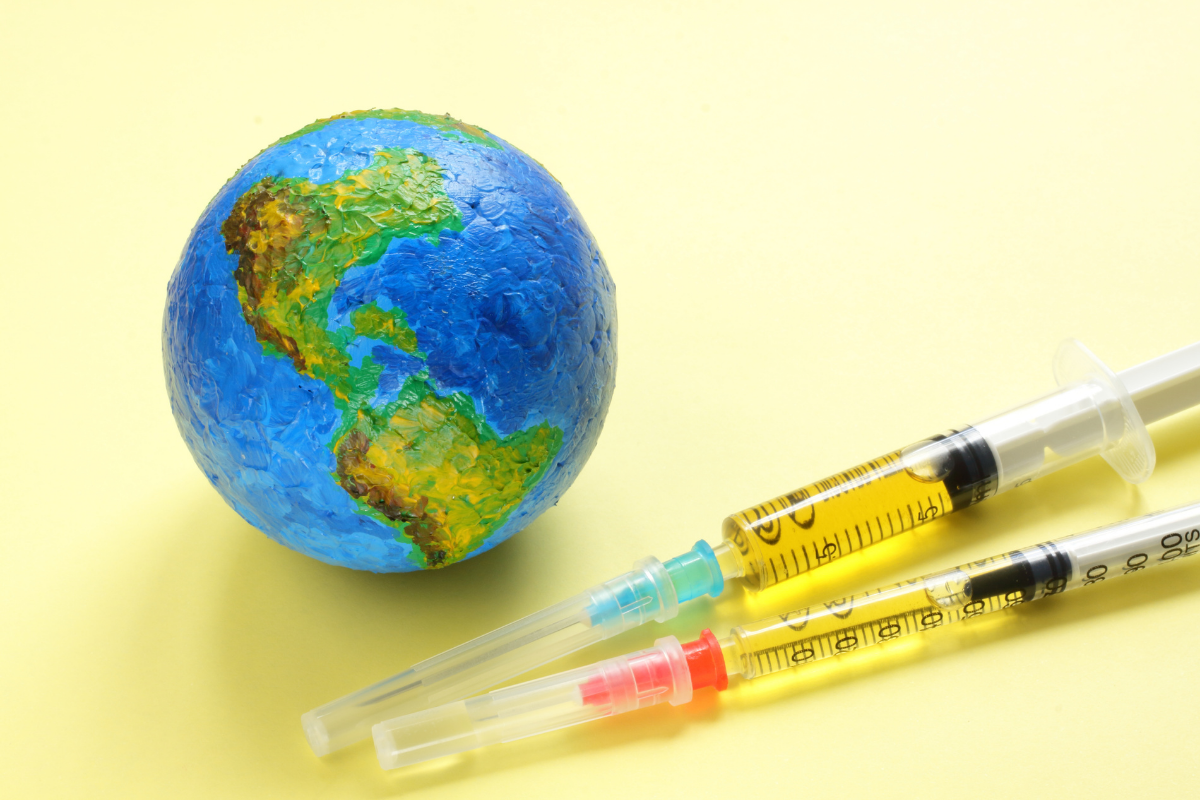
The World Health Organization (WHO) warned that nations should not rely on coronavirus vaccines to fight the pandemic.
Some countries in Europe, Africa, and the Americas have high number of Covid-19 cases “because we are collectively not succeeding at breaking the chains of transmission at the community level or within households,” WHO Director-General Tedros Adhanom Ghebreyesus said during a news conference from the agency’s Geneva headquarters.
Leaders must do everything they can to contain the spread of the virus “through tried and tested public health measures,” Tedros said. “There is only one way out of this storm and that is to share the tools we have and commit to using them together.”
The pandemic has led to over 93.3 million cases worldwide and killed at least 2 million since it started a year ago, according to data compiled by Johns Hopkins University. The virus still spread in some regions, with countries reporting that their oxygen supply for Covid-19 patients is running “dangerously low,” the WHO said.
Meanwhile, some countries have focused largely on the use of vaccines to curb their outbreaks. While vaccines are considered useful, they will not solve the pandemic alone, Mike Ryan, executive director of the WHO’s health emergencies program, said at the news conference.
“We warned in 2020 that if we were to rely entirely on vaccines as the only solution, we could lose the very controlled measures that we had at our disposal at the time. And I think to some extent that has come true,” Ryan said, explaining the colder seasons and the holidays could worsen the spread of the virus.
“A big portion of the transmission has occurred because we are reducing our physical distancing. ... We are not breaking the chains of transmission. The virus is exploiting our lack of tactical commitment,” he added. “We are not doing as well as we could.”
Dr. Bruce Aylward, a senior advisor to the WHO’s director-general, agreed to Ryan’s comments, saying, vaccines are not “silver bullets.”
“Things can get worse, numbers can go up,” he said. We have vaccines, yes. But we have limited supplies of vaccines that will be rolled out slowly across the world. And vaccines are not perfect. They don’t protect everyone against every situation.”
The US has reported at least 238,800 new Covid-19 cases and at least 3,310 virus-related deaths each day, based on a seven-day average calculated by CNBC using Johns Hopkins data.
This week, President-elect Joe Biden unveiled his ambitious Covid relief plan, saying he will always be honest with the public.
His plan aims to support school reopenings, create healthcare jobs, and intensify a national vaccination campaign.
Biden’s plan would inject $20 billion into a vaccination drive in partnership with states, localities, tribes, and territories.
“Here’s the deal: The more people we vaccinate, the faster we do it, the sooner we can save lives and put this pandemic behind us and get back to our lives and loved ones,” Biden said during his speech. “We won’t get out of it overnight and we can’t do it as a separated nation.”
“My fellow Americans, the decisions we make in the next few weeks and months are going to determine whether we thrive in a way that benefits all Americans, or whether we stay stuck in a place where those at the top do great while economic growth for almost everyone else is just a spectator sport,” Biden said.






